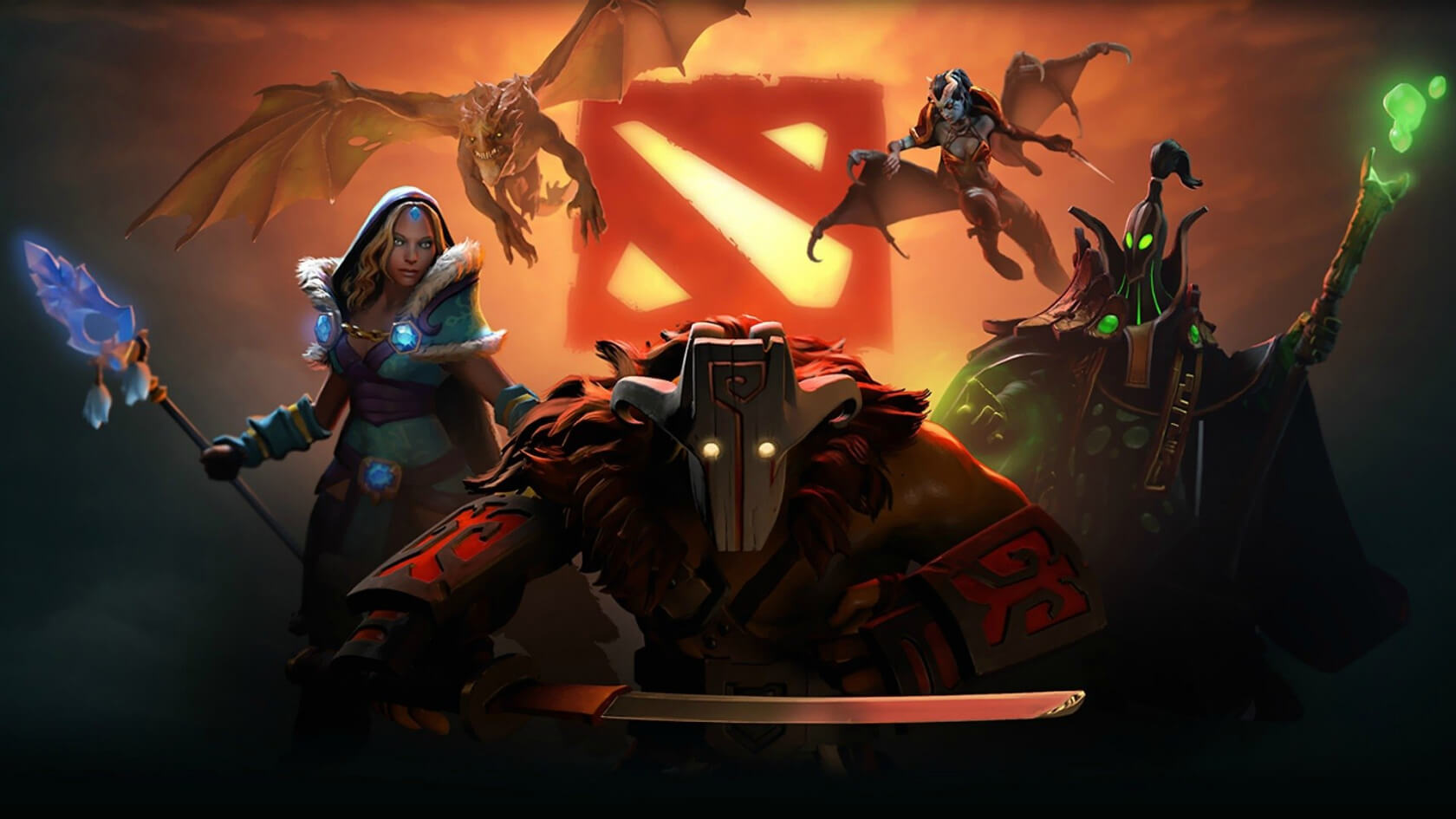Recap: Loot boxes might not be hitting the headlines as much as they were in the wake of Star Wars Battlefront 2's release last year, but that doesn't mean authorities have forgotten about them. In the Netherlands, players of Counter-Strike: Global Offensive and Dota 2 have discovered they can no longer trade game items via the Steam marketplace, a result of Valve's attempts to comply with the country's gaming authority rules on loot boxes.
The message from Valve that appears to players of both games in a Steam pop-up reads:
In May, we received two letters from the Dutch Kansspelautoriteit, stating that Counter-Strike: Global Offensive and Dota 2 contain 'loot boxes' that violate the Dutch Betting and Gaming Act. The Kansspelautoriteit accusation is different from how other countries think about loot boxes, so we hired Dutch legal counsel, looked at the recent Study into Loot Boxes published by the Kansspelautoriteit, and learned more about Dutch law. We still don't understand or agree with the Kansspelautoriteit's legal conclusion, and we've responded to explain more about CS: GO and Dota 2.
Valve added that the gaming authority threatened to prosecute the company if it didn't implement a solution by June 20. As the Dutch study states that "loot boxes do not contravene the law if the in-game goods from the loot boxes are not transferable," Valve decided to disable trading and Steam Marketplace transfers for CS:GO and Dota 2 items for Dutch customers.
Last April, the Dutch gaming authority looked into loot boxes in 10 titles and concluded that 4 of them violated its Betting and Gaming Act. It said that as these prizes could be traded outside of the games, they had market value. While it didn't name them, the country's media revealed that the guilty parties were FIFA 18, Dota 2, PlayerUnknown's Battlegrounds and Rocket League.
The authority gave developers eight weeks to fix their loot boxes. If nothing changes, it has the power to hand out fines or prohibit the sale of the games.
"The Netherlands Gaming Authority therefore calls on providers of this type of loot box to remove the addiction-sensitive elements ('almost winning' effects, visual effects, ability to keep opening loot boxes quickly one after the other and suchlike) from the games and to implement measures to exclude vulnerable groups or to demonstrate that the loot boxes on offer are harmless," the group said.
